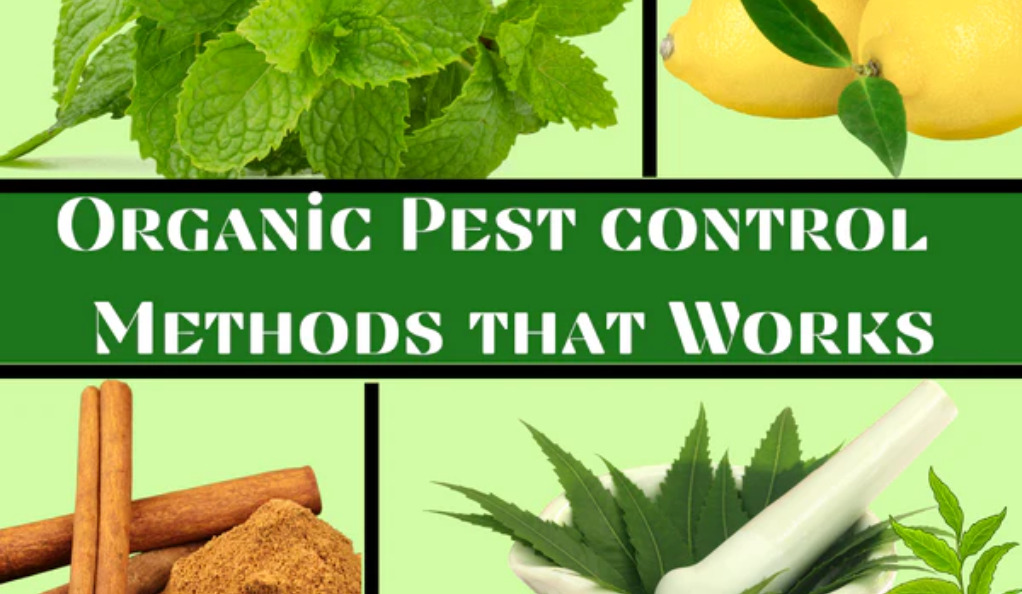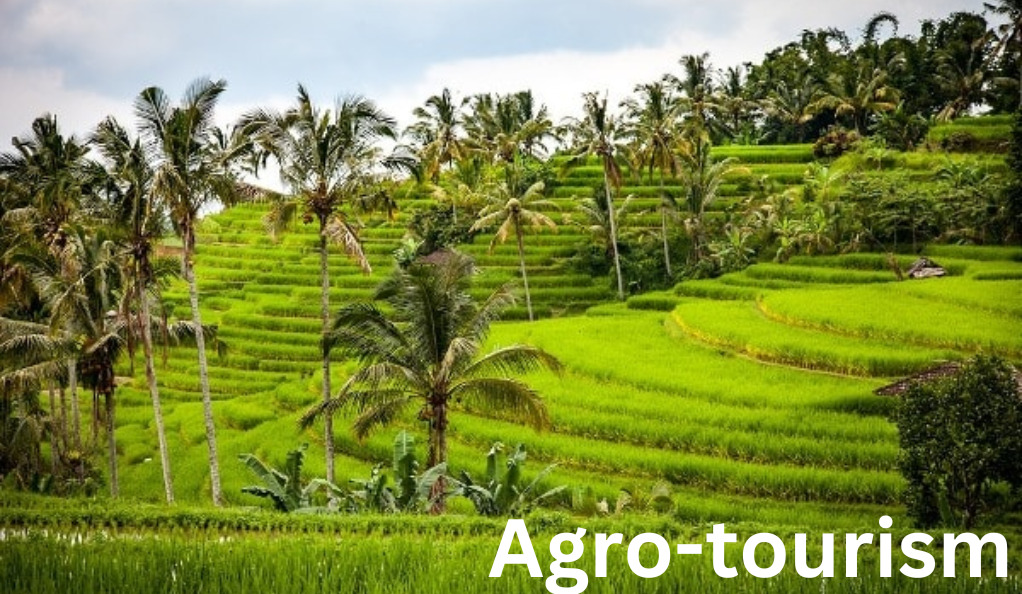Sustainable Farming: The Economic Benefits of Going Green
Agriculture has long been the foundation of numerous economies worldwide. As the world grapples with climate change and dwindling resources, sustainable farming emerges as a beacon of hope. Not only does it promise environmental benefits, but it also offers a plethora of economic advantages. In this article, we delve deep into the financial benefits of adopting green farming practices.
Reduced Input Costs

- Lower Dependency on Chemicals
Sustainable farming often emphasizes organic practices, reducing the need for expensive synthetic fertilizers and pesticides. This translates to significant savings in the long run. Over time, the soil becomes rich in organic matter, further reducing the need for external inputs. This not only cuts costs but also ensures a healthier crop. - Natural Pest Control
By promoting biodiversity and using natural predators, farmers can keep pest populations in check without resorting to costly chemical solutions. Introducing beneficial insects like ladybugs and lacewings can naturally control pests. Moreover, diverse plantings can deter pests, reducing the need for interventions.
Increased Crop Yields
- Healthy Soil, Bountiful Harvest
Sustainable practices like crop rotation and cover cropping enhance soil health. Healthy soil is more fertile and can support larger yields. Additionally, these practices prevent soil-borne diseases, ensuring that crops remain healthy throughout their growth cycle. - Resilience to Climate Variability
Sustainable farms are better equipped to handle extreme weather conditions, ensuring consistent yields year after year. Practices like mulching and agroforestry help in retaining moisture and protecting crops from harsh weather, ensuring that yield remains consistent.
Access to Premium Markets
- Organic Certification
Farms that adopt sustainable practices can often achieve organic certification, allowing them to tap into premium markets where consumers are willing to pay more for organic products. This certification acts as a badge of trust, assuring consumers of the quality and authenticity of the produce. - Eco-conscious Consumers
With the rising trend of eco-consciousness, products from sustainable farms are in high demand, often fetching better prices. As consumers become more educated about the environmental impact of their choices, they are more likely to support and pay a premium for sustainably produced goods.
Long-term Land Value Preservation
- Soil Conservation
Sustainable farming practices prevent soil erosion and degradation, ensuring the land remains productive for future generations. Practices like terracing and contour plowing can significantly reduce soil erosion, preserving the land’s value for future generations. - Water Conservation
Efficient water management techniques not only save on water bills but also ensure the land remains arable for longer. Techniques like rainwater harvesting and drip irrigation ensure that water is used judiciously, preserving this precious resource.
Diversified Income Streams

- Agro-tourism
Sustainable farms can become tourist attractions, offering farm stays, tours, and workshops, providing an additional source of income. Visitors are keen to learn about sustainable practices and experience farm life firsthand, making agro-tourism a lucrative venture. - Value-added Products
Farms can produce jams, pickles, cheeses, and other products, further diversifying their income. By processing and packaging their produce, farmers can tap into niche markets and increase their profit margins.
Government Incentives and Grants
Many governments worldwide are recognizing the importance of sustainable farming. As a result, they offer tax breaks, grants, and subsidies to farmers who adopt green practices. This can significantly reduce the financial burden on farmers and make sustainable farming more lucrative. Moreover, these incentives act as a catalyst, encouraging more farmers to transition to sustainable practices, further promoting green agriculture.
Conclusion
The shift towards sustainable farming is not just an environmental imperative but an economic one. As outlined above, the benefits range from reduced costs to diversified income streams. In the face of a changing climate and a growing global population, sustainable farming presents a viable solution to ensure food security and economic prosperity. By investing in green practices, farmers are not only safeguarding the environment but also ensuring a brighter financial future.
FAQs
Sustainable farming is gaining traction due to increasing awareness about environmental issues, consumer demand for organic products, and the long-term economic benefits it offers to farmers. As global challenges like climate change and resource scarcity become more pronounced, sustainable farming offers solutions that are both environmentally friendly and economically viable.
Sustainable farming practices like crop rotation, no-till farming, and organic fertilization enhance soil fertility, structure, and microbial activity, leading to healthier crops and higher yields. Over time, these practices restore the natural balance of the soil, ensuring it remains productive and resilient against diseases and pests.
Initially, transitioning to sustainable methods might require more labor. However, once established, these practices often reduce the need for interventions, making them less labor-intensive in the long run. Moreover, the long-term benefits, both in terms of yield and cost savings, often outweigh the initial labor investment.
Transitioning involves a combination of education, planning, and gradual implementation. Farmers can start with practices like composting, introducing beneficial insects, and crop rotation before fully committing to sustainable farming. It’s essential to seek guidance from experts and organizations dedicated to promoting sustainable agriculture to ensure a smooth transition.
Yes, when implemented correctly, sustainable farming can produce yields comparable to conventional methods. Moreover, the focus on soil health and resilience ensures consistent yields, even in challenging conditions. As more farmers adopt these practices and technology continues to advance, sustainable farming’s potential to meet global food demands becomes even more evident.
